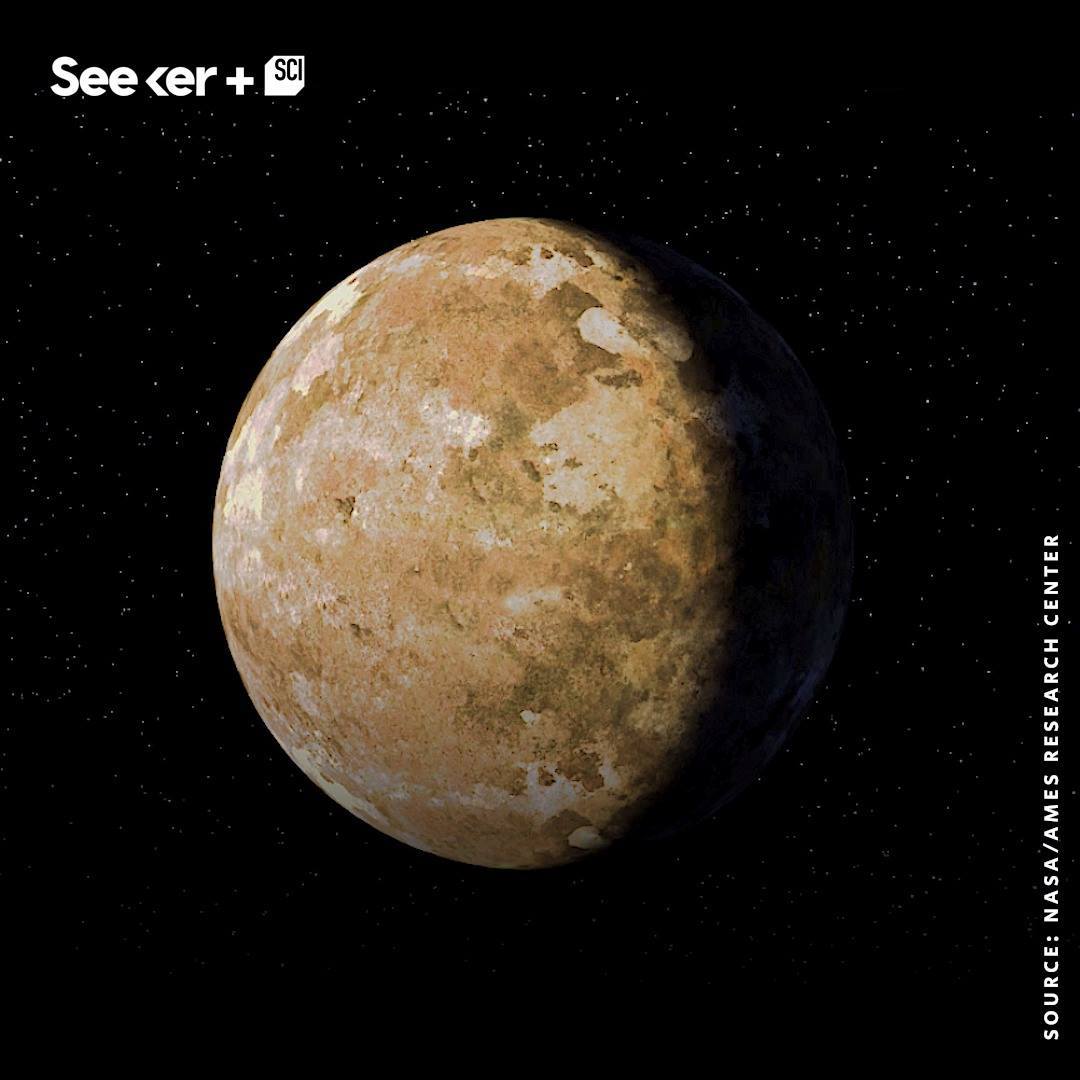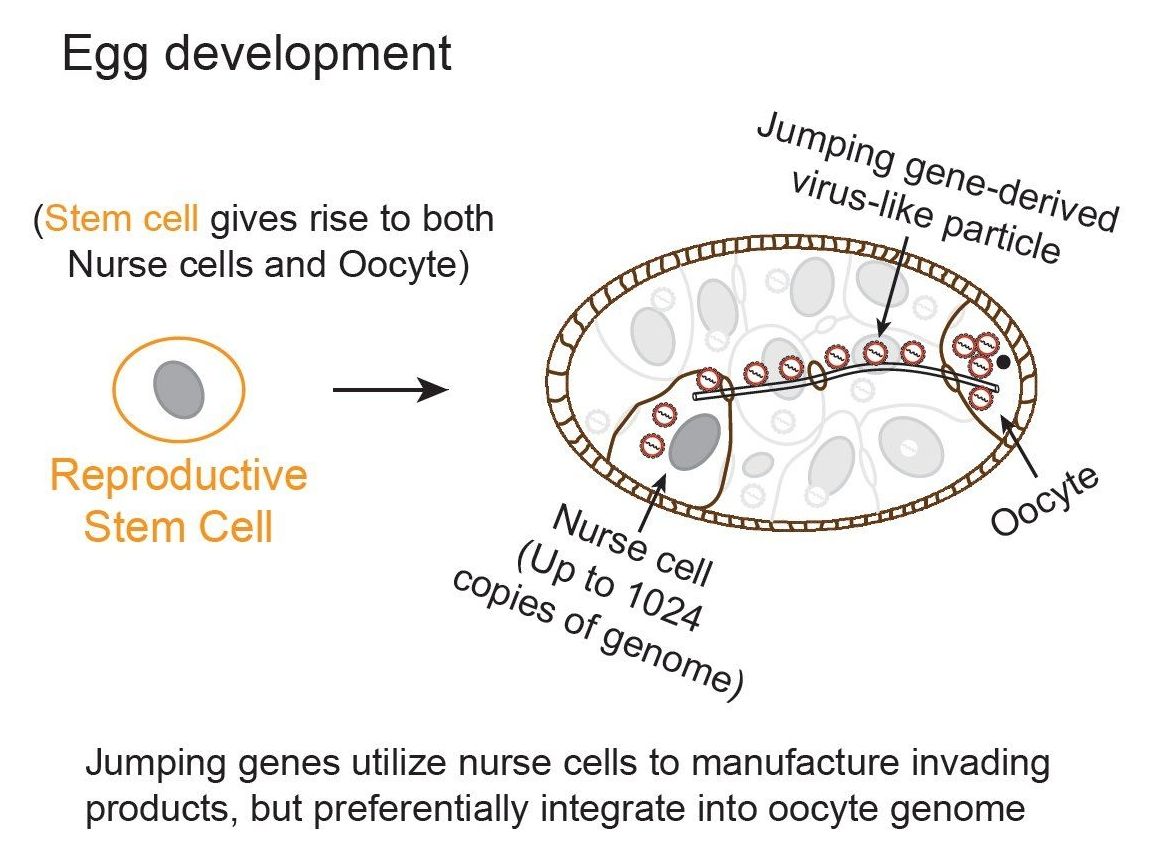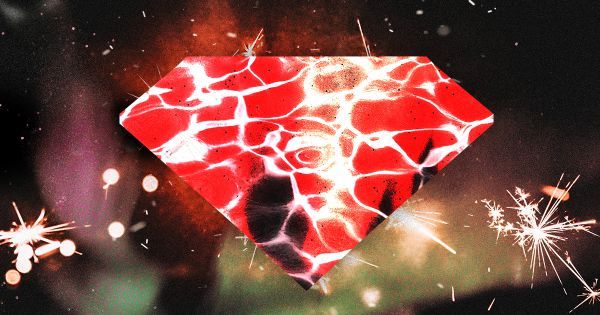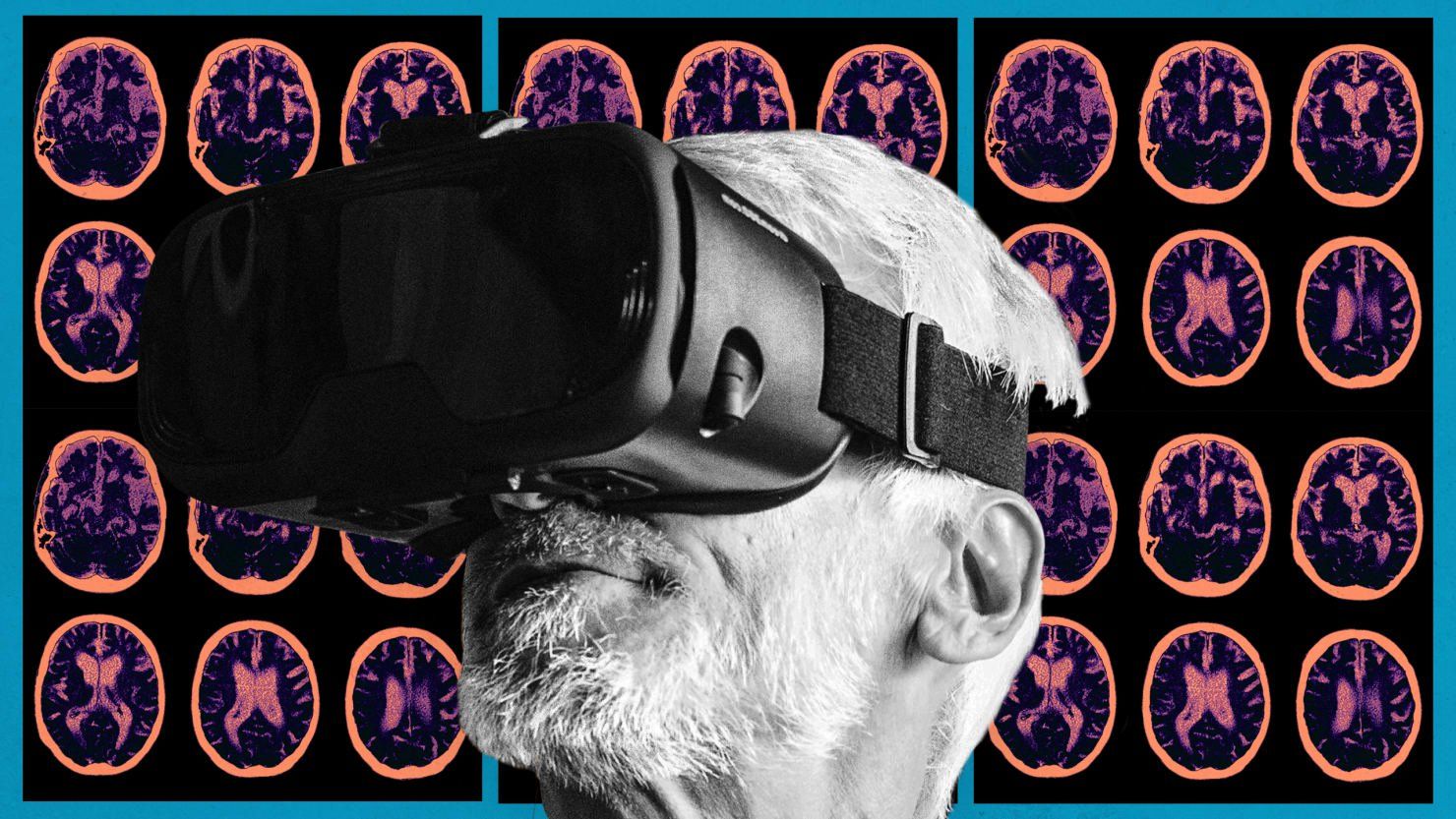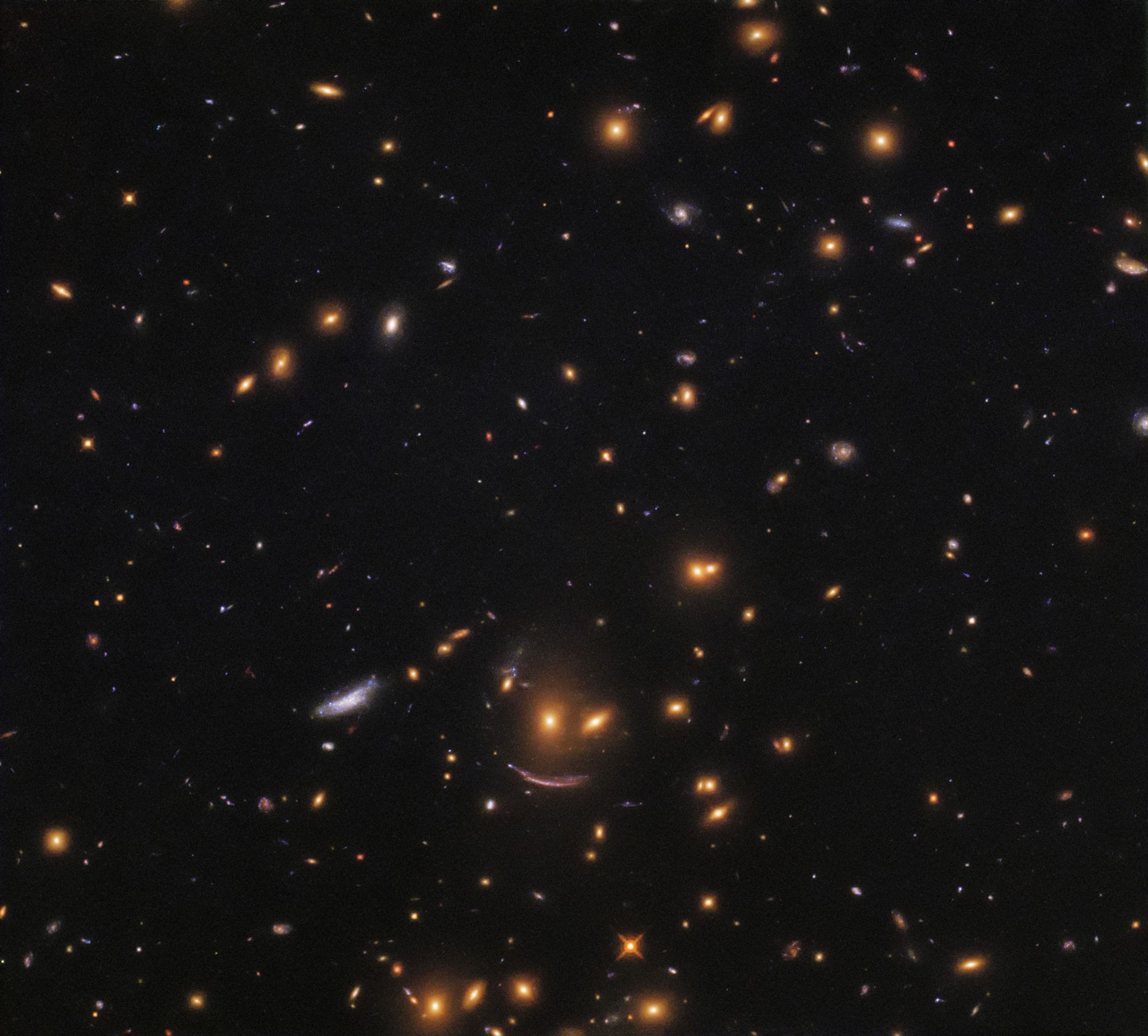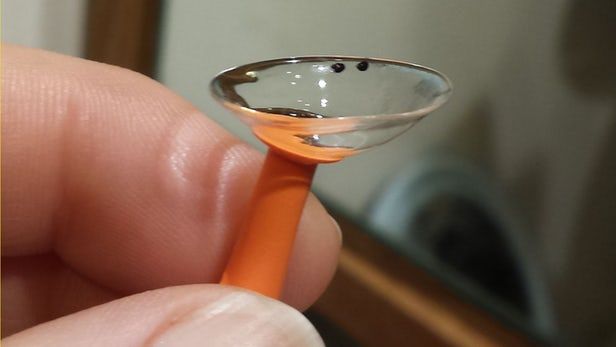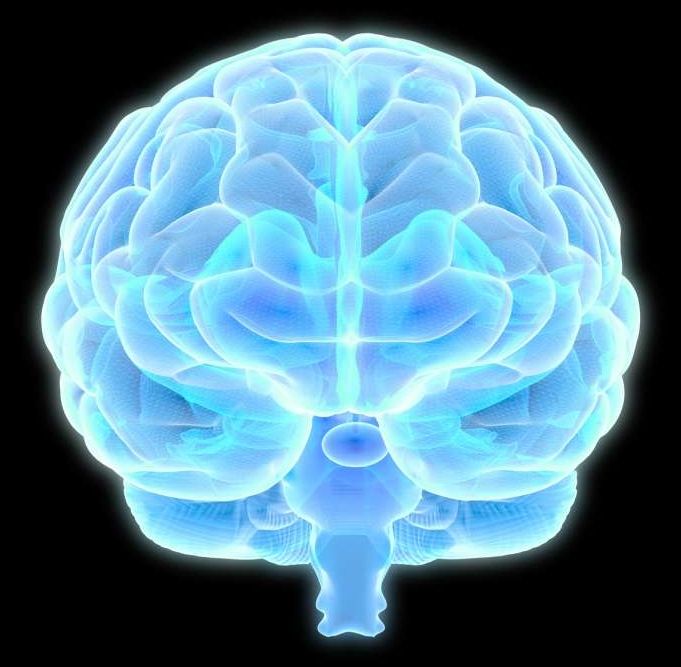Page 9775
Nov 3, 2018
NASA Discovered A New Planet Using AI
Posted by Michael Lance in categories: robotics/AI, space
Nov 2, 2018
How do jumping genes cause disease, drive evolution?
Posted by Genevieve Klien in categories: biotech/medical, evolution, genetics
Almost half of our DNA sequences are made up of jumping genes—also known as transposons. They jump around the genome in developing sperm and egg cells and are important to evolution. But their mobilization can also cause new mutations that lead to diseases, such as hemophilia and cancer. Remarkably little is known about when and where their movements occur in developing reproductive cells, the key process that ensures their propagation in future generations, but can lead to genetic disorders for the hosts.
To address this problem, a team of Carnegie researchers developed new techniques to track the mobilization of jumping genes. They found that during a particular period of egg development, a group of jumping-genes called retrotransposons hijacks special cells called nurse cells that nurture the developing eggs. These jumping genes use nurse cells to produce invasive material (copies of themselves called virus-like particles) that move into a nearby egg and then mobilize into the egg’s DNA. The research is published in the July 26 on-line issue of Cell.
Animals have unwittingly developed a powerful system to suppress jumping gene activity that uses small, non-coding RNAs called piRNAs, which recognize jumping genes and suppress their activity. Occasionally, jumping genes still manage to move, suggesting that they employ some special tactics to escape piRNA control. However, tracking the mobilization of jumping genes to understand their tactics has been a daunting task.
Nov 2, 2018
The explosive science behind fireworks
Posted by Genevieve Klien in categories: chemistry, science
Jump to media player The surprisingly simple science behind the clever chemistry that helps your night go off with a bang.
Nov 2, 2018
Quantum Navigation Could be as Accurate as GPS, Without Satellites
Posted by Genevieve Klien in categories: quantum physics, satellites
Nov 2, 2018
How Virtual Reality Can Help Fight Dementia
Posted by Genevieve Klien in categories: biotech/medical, neuroscience, virtual reality
Immersive experiences have been used for video games and entertainment. But a new therapy could make VR an accessible therapy for dementia patients.
11.02.18 9:58 PM ET
Can you find the smiling face in this patch of space, captured by NASA’s Hubble Space Telescope? The unprecedented resolution of Hubble’s camera is high enough to locate and study regions of star formation — and see galaxies in all shapes, colors and sizes. Zoom in: https://go.nasa.gov/2QgtQzp
Nov 2, 2018
Cell-laden contact lens being developed to treat eye injuries
Posted by Genevieve Klien in category: biotech/medical
Currently, if someone has a damaged cornea (the surface of the eye), it’s covered with a “bandage” made from the amniotic membrane of human placentas. While this does help repair the eye, an Australian scientist is developing what he believes may be a better alternative – a wound-healing contact lens.
Nov 2, 2018
20th Century Fox is using AI to analyze movie trailers and find out what films audiences will like: Movie Trailer
Posted by Genevieve Klien in categories: entertainment, robotics/AI
Nov 2, 2018
Depression: Three new subtypes identified
Posted by Genevieve Klien in categories: biotech/medical, neuroscience
The scientists also used functional MRI scanners to study the participants’ brain activity, enabling them to map 78 brain regions and examine the connections between these areas.
“The major challenge in this study,” explains first study author Tomoki Tokuda, who is a statistician at OIST, “was to develop a statistical tool that could extract relevant information for clustering similar subjects together.”
Tokuda developed a new statistical method that allowed the researchers to break down more than 3,000 measurable features into five data clusters. The measurable features included the incidence of childhood trauma and the initial severity of the depressive episode.

